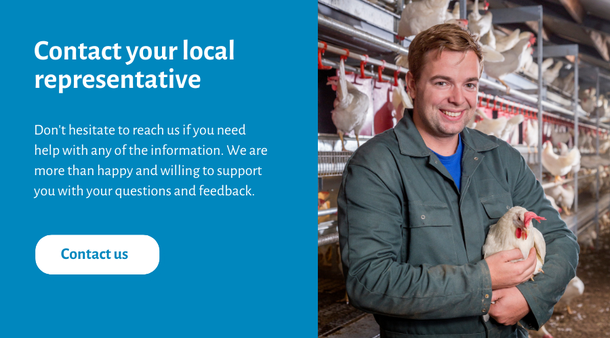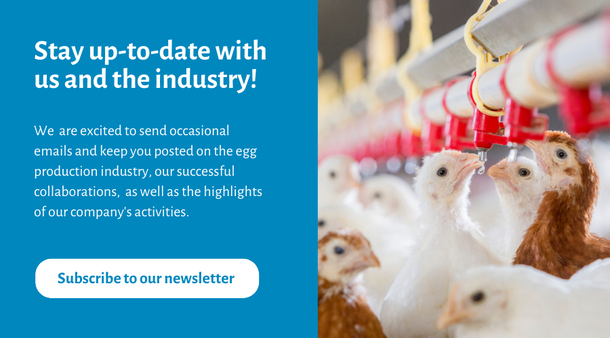The Warren Chicken Breed: A Legend in Poultry Genetics
The Warren breed of laying hens represents the pinnacle of decades of dedicated poultry breeding, a tradition that began with James J. Warren, a visionary in poultry genetics. Born on October 10, 1892, in Batavia, New York, Warren transitioned from dairy farming to poultry breeding in North Brookfield, Massachusetts, where he established a thriving poultry operation. In 1923, he launched his groundbreaking breeding program, focusing on White Leghorn and Rhode Island Red (RIR) strains. His meticulous selection process laid the foundation for a breed celebrated worldwide for its resilience, productivity, and superior egg quality.
Over the years, this legacy has been further strengthened by dedicated genetic selection, resulting in todays modern Warren chicken hybrids: the Warren White and the Warren Brown
Modern Genetics, Proven Performance
Today, Warren laying hens embody the vision of their founder James J. Warren. Todays Warren laying hens combine advanced hybrid genetics with exceptional laying persistency, robust health, and adaptability to diverse environments. Selective breeding continues to be at the heart of the Warren egg layers breeding programs, emphasizing traits such as:
- High egg production with outstanding egg laying persistency
- Excellent egg shell quality and internal egg quality
- Calm temperament and strong feather cover
- Resilience to stress and excellent livability
All genetic lines undergo rigorous testing at state-of-the-art research and breeding centers around the globe, ensuring they meet the highest standards for health, welfare, and productivity.
Why Choose Warren Laying Hens?
Egg producers worldwide trust Warren hens for their rustic yet docile nature, superior adaptability, and impressive number of first-quality eggs. These Warren egg layers are ideal for both cage and cage-free housing systems, delivering consistent performance and profitability for egg producers. The Warren chicken breed not only honors the pioneering work of James J. Warren but also reflects the ongoing innovation driven by the experts from Hendrix Genetics, ensuring that this legendary chicken breed remains the cornerstone of the global egg industry.
Unique characteristics of the Warren White egg laying chickens
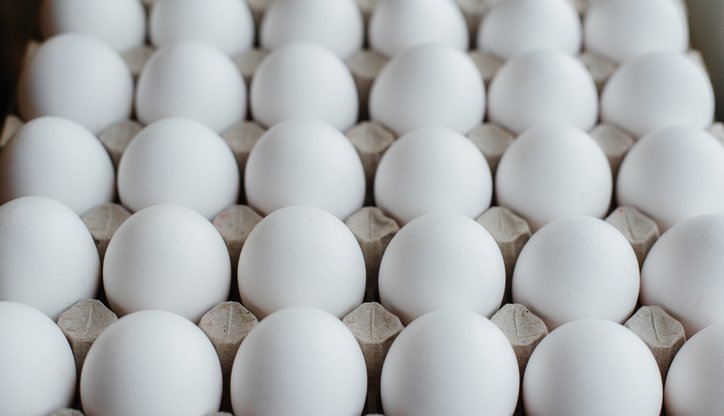
High egg laying persistency
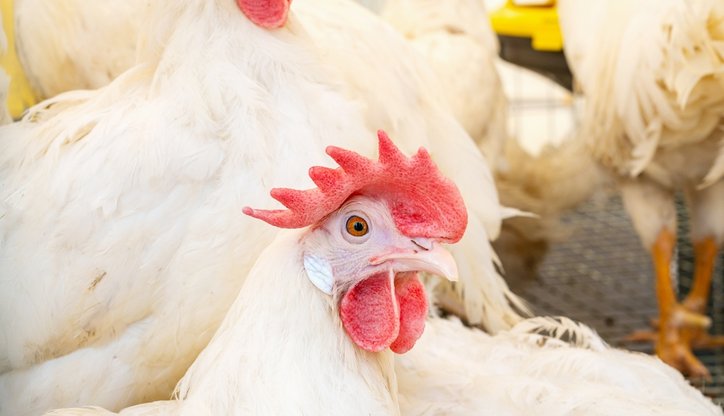
Resilient and robust laying hens
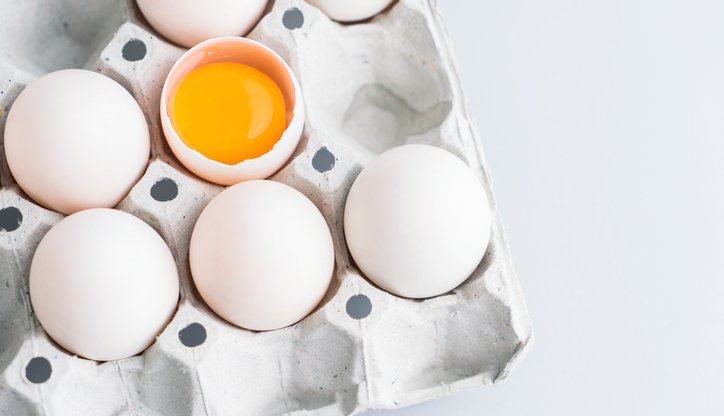
Excellent shell strength and internal egg quality

Download the Warren White CS guide
Unique characteristics of the Warren Brown
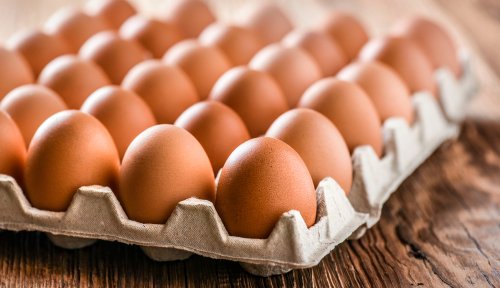
Premium Egg Quality
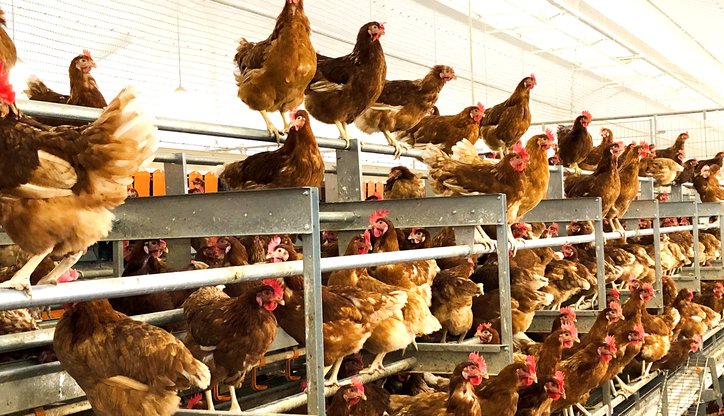
Excellent behavior and resilience
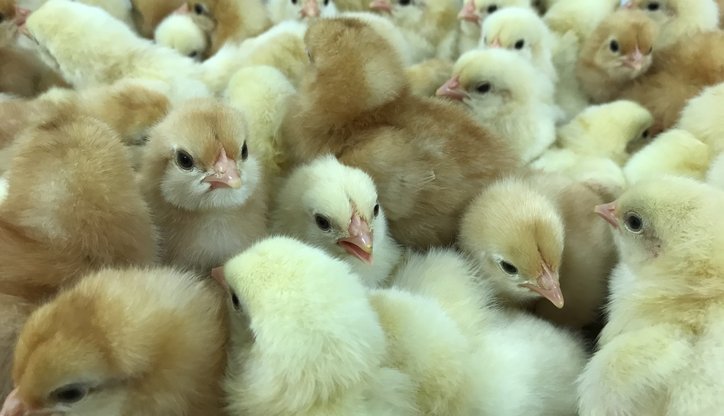
Excellent Quality
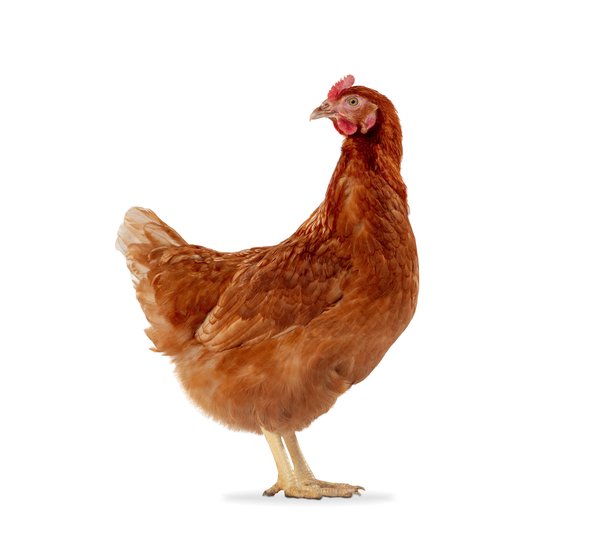
Download the Warren Brown guide
The Warren MISR
Developed for the needs of the Egyptian (MISR) market. Discover the Warren MISR White and the Warren MISR Brown. Both the Warren MISR White and the Warren MISR Brown are known for their robustness, good egg laying performance, and their outstanding egg quality. Download the product guides for more information.

Discover the Warren MISR
- Warren Brown MISR CS cage leaflet English (2.0 MB)
- Warren Brown MISR CS product guide cage EN (3.1 MB)
- Warren White MISR CS leaflet English (1.6 MB)
- Warren White Misr CS product guide cage English (3.2 MB)
- Warren Brown Misr CS alternative leaflet English (1.9 MB)
- Warren Brown Misr CS alternative product guide English (2.7 MB)
- Warren White Misr CS alternative leaflet English (1.4 MB)
- Warren White Misr CS alternative product guide English (2.4 MB)

